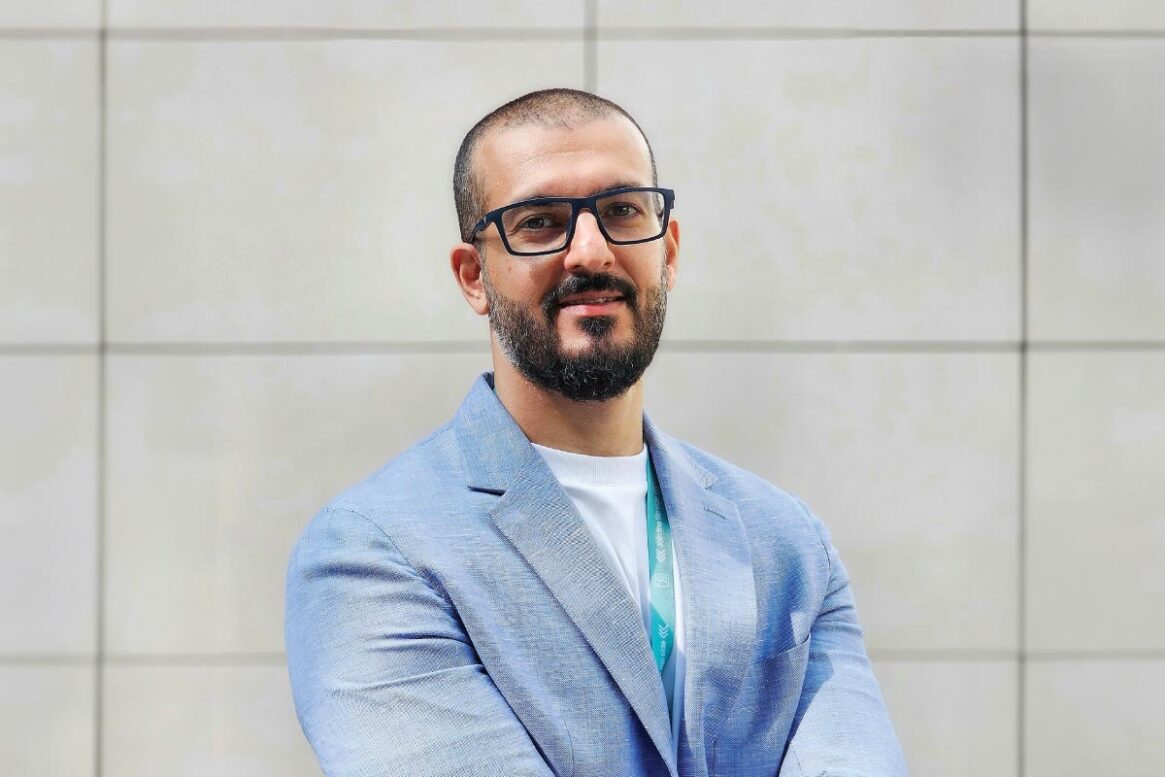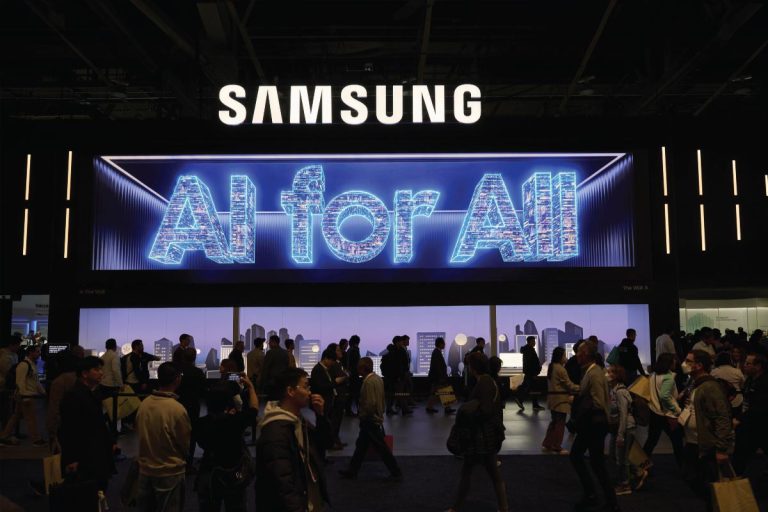Artificial Intelligence has evolved beyond being just a buzzword and has become a cornerstone of modern life. It has evolved from a specialized technical function to an integral part of diverse business sectors and our daily lives, representing a major shift in the world as a whole. Today, artificial intelligence is no longer a futuristic concept. Instead, we are actively cultivating it in conjunction with the age of automation. During many technical events such as CES and Samsung disassembled, major tech brands announced advanced technologies and innovations. All of this will continue to excite consumers, as they redefine user experiences in unprecedented ways.
Explore limitless possibilities in the age of artificial intelligence
Today, artificial intelligence has evolved into a vital pillar of modern technology. They are seamlessly integrated into our devices and digital presence. Their impact is particularly noticeable in the operation of digital platforms, where they provide more personalized and efficient user experiences. The role of artificial intelligence ranges from enhancing user interaction in smartphone applications to tailoring digital content according to individual preferences. This profound transformation not only demonstrates the global commitment to adopting advanced technology. Moreover, it also highlights the growing importance of AI in our daily digital interactions, thus setting an international standard for innovation.
A prime example of this transformative shift can be seen in the United Arab Emirates. The country has shown a strong commitment to integrating AI at various levels within its national framework. One of its most prominent initiatives is the establishment of the world's first Ministry of Artificial Intelligence in 2017. This is a clear testimony to its ambition to be at the forefront of the global AI revolution.
These initiatives represent more than just milestones; They are critical indicators of the strategic importance of AI in both regional and global technology narratives. We now realize that AI is not just a technological tool; It is a major driver of comprehensive economic, social and environmental development.
The power of artificial intelligence with innovative technologies
The transformative power of AI is clear. It has become less of a stand-alone feature and more of a core stream that energizes all aspects of mechanical development.
Companies are increasingly harnessing AI to improve hardware and software, as well as to craft experiences that resonate on a personal level with users. This strategic integration of AI into product ecosystems enables a more accurate understanding of consumer behavior. This then leads to smarter spending, energy savings and improved productivity.
Consider, for example, the impact on sustainability, which is a priority for governments, businesses and consumers. The ability of artificial intelligence to analyze data and predict outcomes is enabling companies to develop smarter, more energy-efficient solutions that contribute to achieving a cleaner horizon. Here, AI is a catalyst for change. It provides the dual benefit of cost savings and environmental responsibility.
As an example of this change, Samsung continues to excel as a company investing in artificial intelligence technology. One notable example is the SmartThings app, available worldwide, which helps users connect and control several smart home devices. As consumers increasingly focus on energy conservation, the app's 'AI Energy Mode' intelligently monitors various variables. It helps in reducing energy consumption.
Read: AI is now a key factor in approving and launching mergers, acquisitions and IPOs
Advanced security and privacy empowers user choice and trust
While we are excited about the transformative impact of AI, consumers expect assurances that the security measures technology companies create using AI are secure. Today there are existing data protection regulations and measures set out under privacy regulations in the MENA region and globally. Furthermore, we see a growing number of tech brands ensuring that their AI-integrated products and services support a commitment to transparency and security. Examples of these commitments include providing multi-layered security platforms, real-time threat detection services, end-to-end encryption, and more.
Technology companies like Samsung maintain a long-standing commitment to providing users choice and control over their devices in the age of artificial intelligence. For example, users have full control over how much they allow their data to enhance AI experiences when using the new advanced intelligence settings from Samsung Knox – a powerful built-in security platform. This ensures that data can only be encrypted or decrypted on the user's devices. These devices are further protected by a wide range of innovative security and privacy features.
The next stage of AI, powered by collaboration
We see a concerted effort between technology companies, academic institutions and policy makers as the cornerstone of sustainable and impactful progress in AI. The industry relies on forward-thinking companies. However, we expect brands with unique specializations to collaborate for the first time to create a meaningful user experience that enhances their daily lifestyles.
Collaboration is the driving force that accelerates the development of better solutions. Many are now realizing its importance through various partnerships aimed at developing artificial intelligence design. Making its debut on the Galaxy S24 series, Samsung has partnered with Google to offer best-in-class AI features like “Circle to Search” that enables a whole new way to search. Such AI-based collaborations are pivotal in delivering a unique user experience, and I expect more such partnerships to revolutionize our daily activities.
Looking to the future, I look forward to developments led by technology brands to improve our lives for the better. We know that big tech companies will continue to invest in AI and integrate it into their products and services, inspiring other tech companies to follow suit. As a user, I believe that AI tools will allow me to do more, whether it is breaking down barriers to experiencing green living, improving productivity, or accessing new lifestyles. The future of AI is really clear today.

For more editorials, click here.

